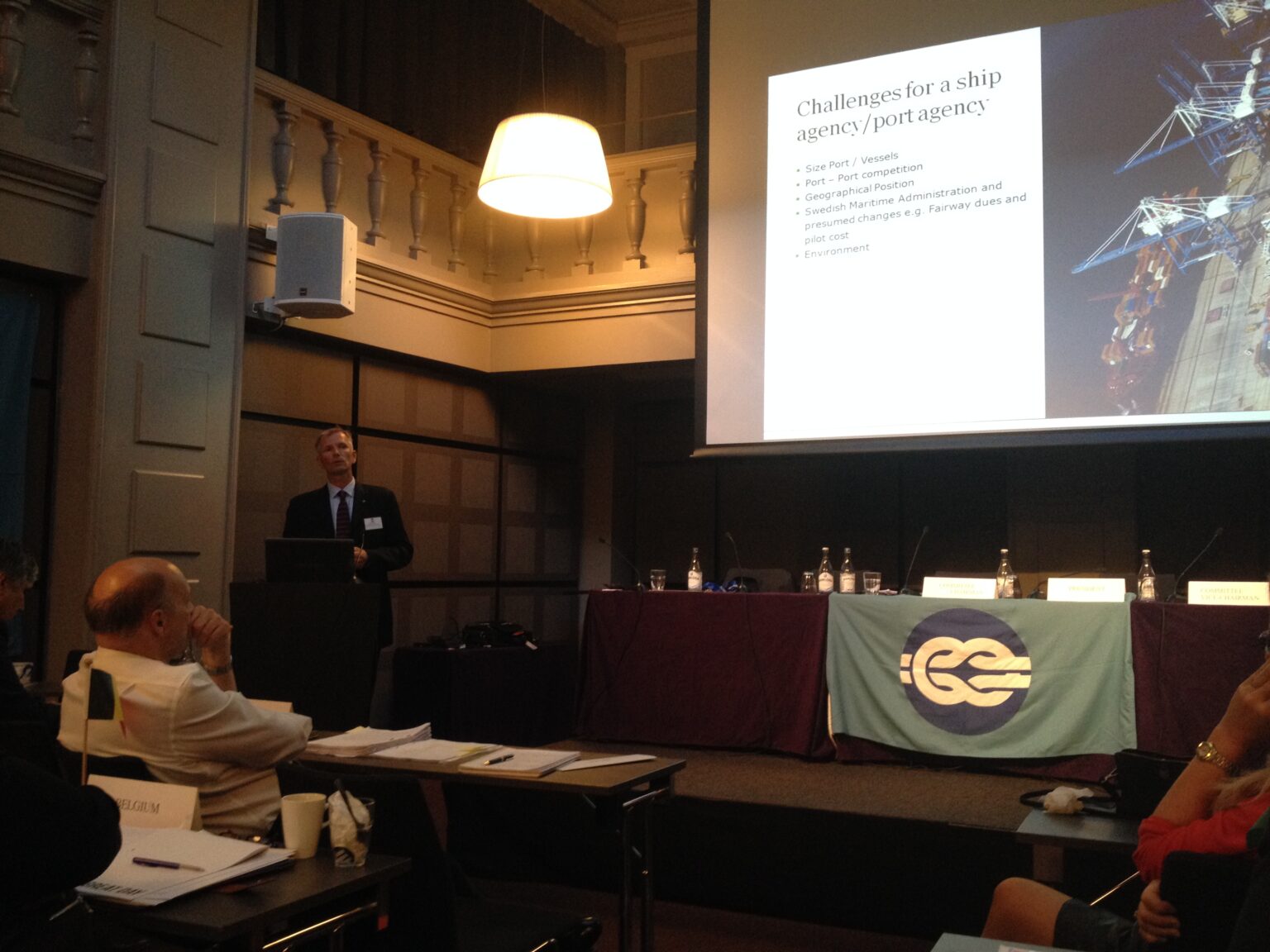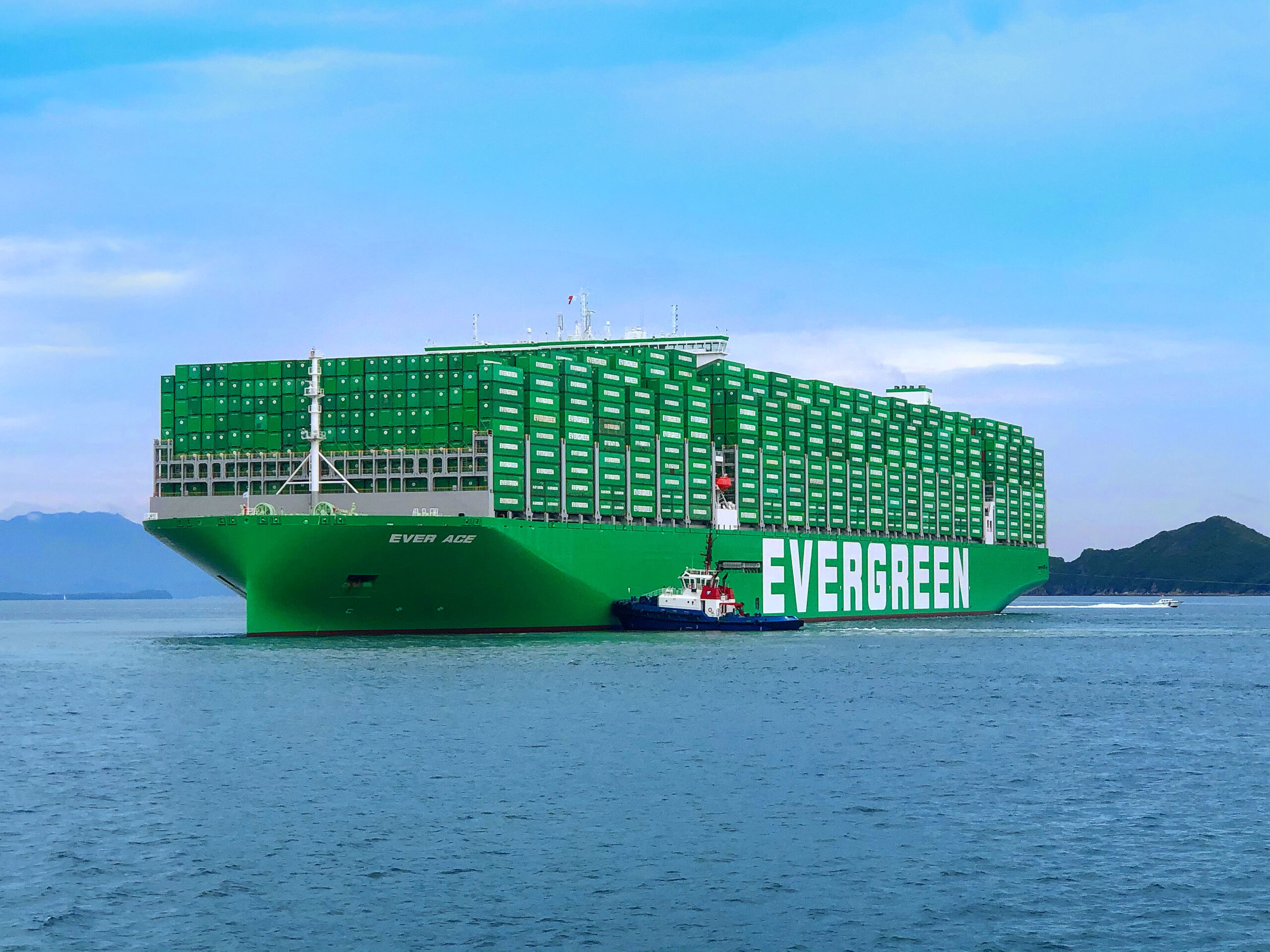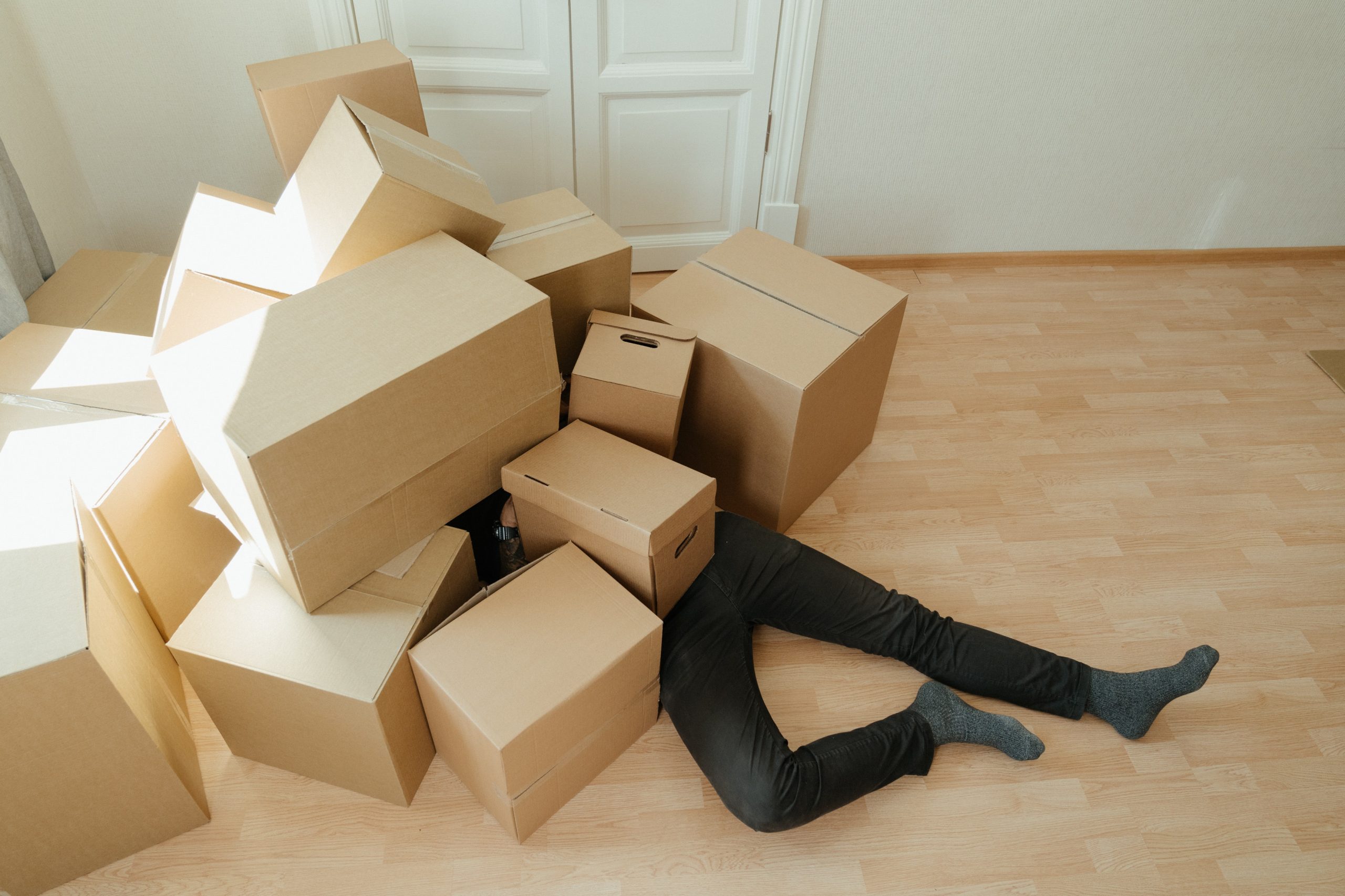Last week the Federation of National Associations of Shipbrokers and Agents (FONASBA) annual meeting was held in Gothenburg, Sweden. The meeting is a chance for shipbrokers and agents from all over the world to get together and discuss development and other issues affecting the industry.
Fonasba was established in 1969 to be the voice of the shipping industry, as shipbrokers and agents, towards authorities. The organization also co-operates with other international maritime bodies and acts as consultants and advice in different matters within the shipping industry.
At this year’s conference, which was hosted by the Swedish Shipbrokers’ Association, we reported about the Liner Agency sector from a Scandinavian perspective. The yearly conference is a good opportunity for us both to share our knowledge and to discuss the challenges and possibilities we’re facing today within the liner and port agency sector.
Development of ports
Looking back shortly in the history, the growth of bigger and more comprehensive ports has been significant during the last 50 years. At the same time the number of ports has been reduced and the competition between the ports has increased in line with the less number of port calls. This also means that we drop the geographical spread of ports.
Increased volumes and containerisation
The demand for containerised transports is still increasing and the trend points towards more containerisation rather than RoRo transportation, showing that container ships are much more flexible and growingly cost effective.
Shipping lines are investing in bigger and bigger vessels as a result of the increasing volumes and the big players on the market are all a part of the league of mega ships with their 14,000 teu vessels investments. This will make them more competitive and the small shipping lines will disappear in the battle between the big giants.
The effects of the environmental regulations of SECA
The transport industry is growing and to regulate its negative effect on the environment politicians and governments all over the world are imposing more strict rules and regulations on the industry. On the 1st of January new regulations from the International Maritime Organization (IMO) will enter into force for Sulphur Emission Control Areas (SECA). You can read more about SECA here.
This of course affects the shipping companies as they need to change fuel from bunker oil to diesel, LNG or bio-fuel. They can also install scrubbers, which is a cleaning system onboard the vessel. Switching to low sulphur fuel is more expensive and it may reduce the competitiveness of the sea transport drastically, which can lead to a modal backshift from sea to road.
However, improvements for the environment is an important focus area for Greencarrier and we believe that this is good for the long term development of the industry.
In summary there are a lot of challenges for a shipbroker and port agent today and it will be very interesting to follow what the liner and port agency sector will look like 50 years from now.
What do you think? Please leave a comment in the field below.
/Fredrik Hermansson, Greencarrier Liner Agency Sweden





